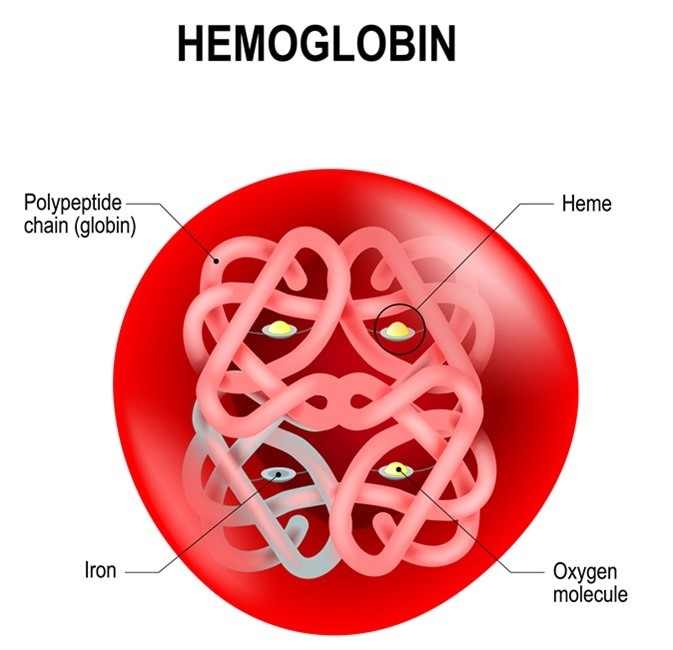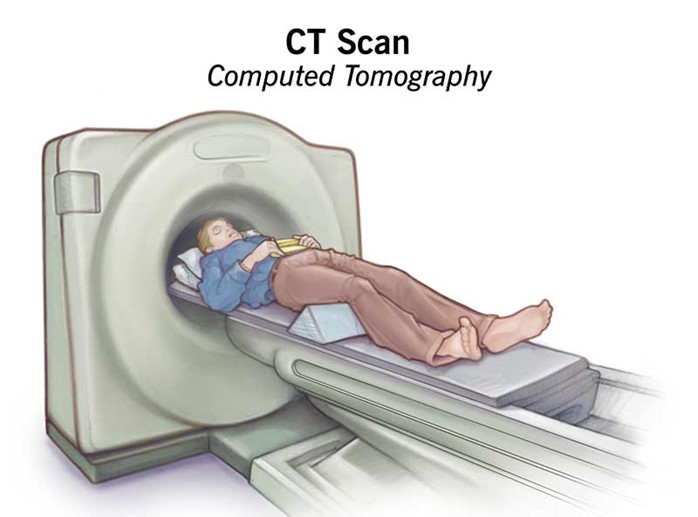An adult with arthritis has been receiving treatment with naproxen and now reports ongoing stomach pain, increasing weakness, and fatigue. Which laboratory test should the nurse monitor?
Creatinine
Serum calcium
Erythrocyte sedimentation rate
Hemoglobin
The Correct Answer is D
Choice A: Creatinine is not a relevant laboratory test for the nurse to monitor, as this reflects renal function and is not affected by naproxen or arthritis. This is a distractor choice.
Choice B: Serum calcium is not a pertinent laboratory test for the nurse to monitor, as this indicates bone metabolism and is not related to naproxen or arthritis. This is another distractor choice.
Choice C: Erythrocyte sedimentation rate is not an important laboratory test for the nurse to monitor, as this measures inflammation and is not influenced by naproxen or stomach pain. This is another distractor choice.
Choice D: Hemoglobin is an essential laboratory test for the nurse to monitor, as this shows blood oxygen-carrying capacity and can be reduced by naproxen-induced gastrointestinal bleeding, which can cause stomach pain, weakness, and fatigue. Therefore, this is the correct choice.

Nursing Test Bank
Naxlex Comprehensive Predictor Exams
Related Questions
Correct Answer is D
Explanation
Choice A: Securing chest tube to the stretcher for transport is a good practice, but it is not the most important action. The chest tube should be secured to prevent accidental dislodgement or kinking, but it does not affect the function of the chest tube or the drainage system.
Choice B: Administering PRN pain medication prior to transport is a compassionate action, but it is not the most important action. The client may experience pain due to the chest tube, the intubation, or the underlying condition, but pain relief is not a priority over maintaining adequate ventilation and drainage.
Choice C: Marking the amount of chest drainage on the container is a useful action, but it is not the most important action. The amount of chest drainage should be recorded and reported to monitor the client's status and detect any complications, such as hemorrhage or infection, but it does not affect the immediate function of the chest tube or the drainage system.
Choice D: Keeping the chest tube container below the site of insertion is the most important action for the nurse to take. The chest tube container should be kept below the level of the client's chest to maintain a gravity-dependent pressure gradient that allows air and fluid to drain from the pleural space. If the container is raised above the site of insertion, it can cause backflow of air or fluid into the pleural space, which can compromise ventilation and cause tension pneumothorax.

Correct Answer is ["4"]
Explanation
Step 1 is to convert the child’s weight from pounds to kilograms.
44 pounds ÷ 2.2 = 20 kilograms.
Result at each step = 20 kilograms.
Step 2 is to calculate the total dosage of furosemide in milligrams.
2 mg × 20 kg = 40 mg.
Result at each step = 40 mg.
Step 3 is to determine the volume of medication to administer in milliliters.
40 mg ÷ 10 mg/mL = 4 mL.
Result at each step = 4 mL.
The nurse should administer 4 mL.
Whether you are a student looking to ace your exams or a practicing nurse seeking to enhance your expertise , our nursing education contents will empower you with the confidence and competence to make a difference in the lives of patients and become a respected leader in the healthcare field.
Visit Naxlex, invest in your future and unlock endless possibilities with our unparalleled nursing education contents today
Report Wrong Answer on the Current Question
Do you disagree with the answer? If yes, what is your expected answer? Explain.
Kindly be descriptive with the issue you are facing.
